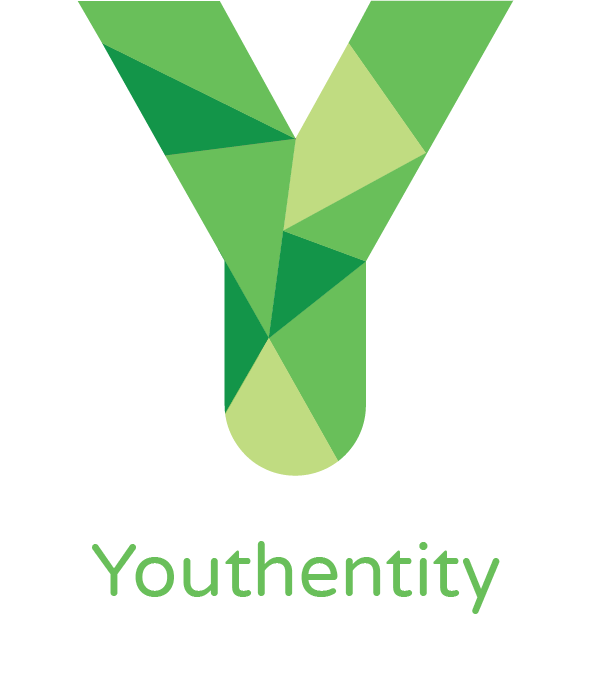Youthentity Column: First generation college students face unique challenges
I am a first-generation college student. My mother immigrated here from Guatemala and worked hard to create a life for me and my siblings, with the hope that we would go on to create our own success in our adult lives. While college was something that we always spoke about, the path to get there was never clearly defined. While I am now in my third year at Colorado Mountain College and on track to finish on time, it has not been without its significant challenges.
First generation college students often have a lot of determination and drive but face a different set of educational barriers compounded with the normal pressures and concerns of the average first-year student. From my personal experience, some of the top challenges of first-generation college students include:
Not knowing where to start — how do I apply to college? How do I pay for it?
Navigating an unfamiliar system coupled with a lack of support
Choosing an area of study without a reality check
Not knowing where to start
Senior year of high school is typically when the heat turns up on students to determine what their post-high school futures may hold. Suddenly there’s a rush to apply to schools, declare a major field of study, and figure out how to pay tuition. With so many educational, career, and lifestyle choices to be made, chaos often reigns. There are deadlines and applications, and overwhelm settles in along with the thought: where do I even start? For first-generation students, it’s likely that parents or guardians don’t have the frame of reference to help their student answer these questions. The result? Rushed decisions – classes, career paths, and financial planning — and uninformed choices that will greatly affect them later.
Lack of support in navigating an unfamiliar system
Studies have shown that first-generation students drop out at almost twice the rate of their peers. College can be a different world. Upon choosing a career that requires formal education like a four-year degree, they now must figure out how this system works, and too often, figure it out on their own. Students may have to navigate it alone for various reasons: their parents or guardians have never been exposed to the US academic system, or they may not speak the language, or the system has simply
changed since they went through it. Support systems are so important in helping students stay the course in achieving their academic goals.
Lack of clarity and knowledge around career paths
This is far from being a first-gen student problem. Most of us are presented with mainstream career choices — doctor, teacher, nurse, for example. But rarely are we asked to think about the granular realities of these choices, such as student loan debt repayment, salary growth, or the true cost of education. And for first-gen college students, the pressures can be immense to join a field that offers what may look like a lucrative career, but in reality may be a mismatch for their individual strengths or life goals. With the year-after-year increases in tuition rates and other costs, students just can’t afford to choose a career path on a whim.
First-generation students — while often among the most motivated and driven students – are often thrust into the collegiate process unprepared. But it doesn’t have to be this way. With support systems, preparatory resources, and career exploration built into their pre-collegiate curriculum, first-generation college students’ success rates can match those of their peers.
Read this article at the Glenwood Springs Post Independent.
Leslie Padilla is Youthentity’s Latino Community Outreach Manager and facilitator for High Five Your Life, a college and career preparation and planning program that helps students plan education and career paths.
